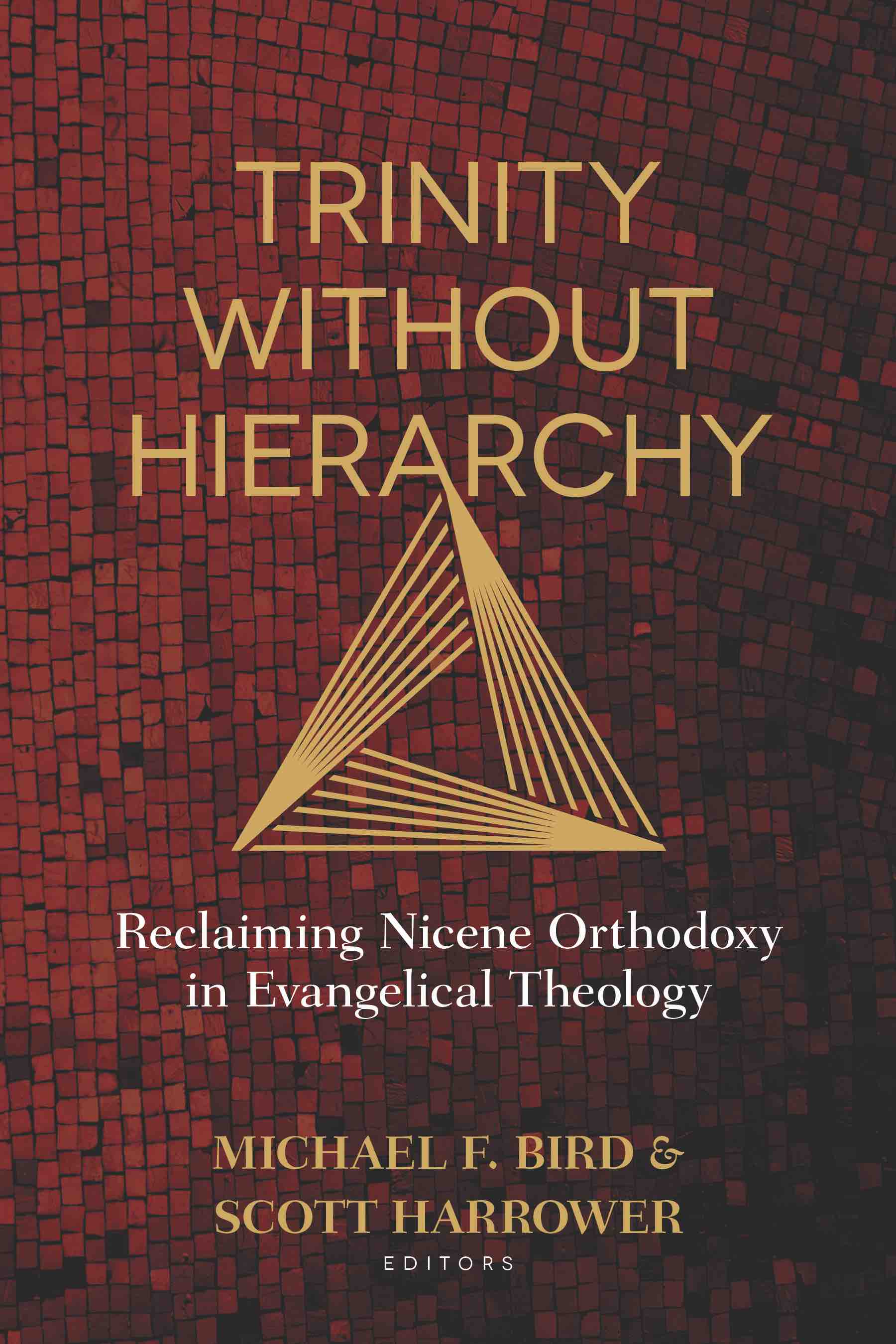In Summary:
Jude. We’re in the ‘short letter’ section of the New Testament, though that’s not exactly how the Church initially classified these. Instead, these are counted among the “Catholic” or “General” Epistles, accepted as letters written to the Church-at-large, contrasted with the letters Paul wrote to specific churches or people.
The thrust of Jude is not all that different from 1 or 2 John, or Galatians, or several other portions of the Bible: correction of false teaching, including warning the church about false teachers. It was a recurring theme even in the era of the New Testament Church: False Teachers will show up. That’s something we tend to neglect when we pine for those supposed halcyon days of the Early Church. It had life-threatening persecution, family-splitting religious changes, AND false teachers.
It’s important to note that, while it seems much of Jude is condemning people who live wickedly, it is expressly targeted at those who have abandoned the Lord Jesus Christ to live wickedly. In short, it’s not about the pagans. It’s about the Church.
In Focus:
Let’s put Jude 22-23 under the close-up lens. First of all, we see the command to “have mercy” on those who waver. You should note that “mercy” shows up in Jude 21 as well, and this repetition is valuable. The readers are encouraged to wait expectantly, trusting in the mercy of the Lord Jesus and then…extend that mercy to others.
That is the response to those who waver. Not condemnation nor abandonment, but mercy. Before you think Jude is soft, though, catch the rest of Jude 23: snatch them from the fire, hate even their defiled garments. This is not a “just validate their feelings and go on” instruction.
The mercy that we show not only intervenes, mercy loves enough to remove someone from danger. But then, that mercy restores them to walk with Christ and with the body of Christ fully, not holding past wavering as a club to harm those who have been restored.
In Practice:
What does this look like in practice?
First, may I suggest that we spend far too much time worrying that being merciful will cause others to enjoy sin? I’ve heard this since I was in youth ministry, back in the dark ages before video projectors—when Youth Specialties Ideas Books were quarterly, rather than a dusty stack of books that aren’t cool anymore: “We can’t be merciful to that youth who wavered, others will go that direction!” That’s whether it’s the young lady who is pregnant, or the young man who is now a father…or that youth who got caught smoking, drinking, etc…
Second, though, is this caveat: “wavering” is personally destructive, and the idea here is that we show mercy to the one who wavers to restore them to fellowship and on the right track before they become destructive to others. This verse should never be taken as an instruction to return an abuser to power or control. An abuser can come to Christ, be forgiven, but there are some prior actions that are disqualifying for some responsibilities. If someone has abused others, the church must never place them in a position to do harm.
Third, the idea is here about “hating the garment stained by the flesh,” which relates to avoiding falling into the same trap that the wavering one is being rescued from. This is a warning not to sin for the sake of showing mercy, nor to take any profit from the rescue. For example, if you know someone has wavered in their temptation toward drunkenness, do not begin getting drunk to rescue them. Avoid it, rescue them from dry ground—when saving a person who is literally drowning, the last thing you want to do is actually get in the water (sorry, Hasselhof fans). Reach, throw, row—keep yourself steady.
Same thing in spiritual rescue.
In Nerdiness:
Authorship for Jude has to slide down here to the Nerdiness section. Obviously, there’s a great tell on who the author of Jude is, found in Jude 1. It’s a person named “Jude,” although one could also translate that name as “Judas,” since in Greek one is kind of left with that option: Jude or Judas are both an Anglicized version of Ἰούδας, so the original name is the same.
That doesn’t clear it up, does it? After all, there’s at least two other guys named Jude/Judas in the New Testament, though one of them is clearly deceased and not the author of an epistle to the Church. The other is the son of Jacob, one of the Twelve Apostles. Oh, and there’s a Judas mentioned in Acts 9; a Judas in Acts 15; and there’s a Judas mentioned in Matthew 13:55 and Mark 6:3 as the brother of Jesus.
So…do we know that this Jude/Judas is the same as any of these? Or know that he’s not? We can dismiss Iscariot, but what of the others? (For the record, I’m good with Jude the brother of James/Jacob, author of James and half-brother of the Lord Jesus. And no, there is no Biblical need for Jesus’ brothers to not be born of Joseph and Mary.)
Nerd Point 2: “Mercy” is used almost as much in Jude as it does in Romans, and many of the Gospel usages (mainly in Matthew and Luke) are Old Testament citations or allusions.
Nerd Point 3: Body of Moses? Archangel disputing? Get David Helm’s commentary in the Preaching the Word Series and let him help you with that.
 Today's book is
Today's book is 
